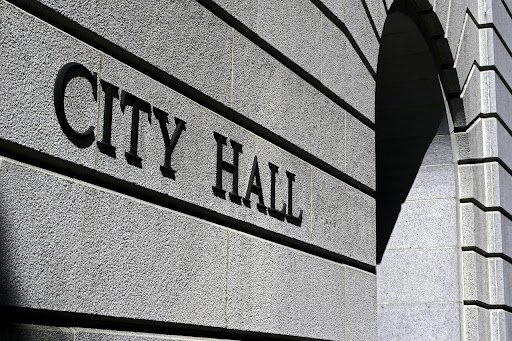
Lower Lease Fees for Municipal Buildings Using Solar Power to Cut CO2 Emissions
Overview
In the European Union, buildings are responsible for approximately 40% of total energy consumption and about 36% of greenhouse gas (GHG) emissions. Public buildings, as part of this sector, contribute significantly to these emissions (EEA, 2024).
In Greece, municipalities often lease public buildings to private investors or businesses under agreements known as municipal real estate leasing. A fiscal model has been implemented to promote renewable energy use by reducing lease fees for buildings where photovoltaic (PV) systems are installed. This incentivizes lessees to adopt solar energy, which decreases reliance on fossil fuels and lowers CO2 emissions. The policy not only supports sustainable energy goals but also encourages private investment in green technology, benefiting both the environment and the local economy. Edessa, Thermi and Pilea-Hortiatis included in their SECAP such kind of fiscal initiatives, supported by the LOCAL4GREEN project (Interreg MED 2014-20).
Evidence of success
In Edessa, 12 municipal buildings were leased in 2019, with investors agreeing to install 10 kW PV systems per building and obtaining a lower fee. These PV systems were expected to generate 150 MWh annually, replacing coal energy. The policy reduces CO2 emissions by an estimated 172.35 tons annually.
Location
Edessa (GR); Thermi (GR); Pilea-Hortiatis (GR)
Timescale
2018-ongoing
Potential of learning or transfer
The leasing of municipal buildings is common in the European Union. Reducing leasing fees to promote the installation of renewable energy sources in these buildings enables local authorities to encourage private lessees to contribute to making public buildings greener with lower investment costs for public budgets. The benefits for public authorities are significant, and the potential for replication is high.
Contacts
For the Greek municipalities:
Anatoliki: info@anatoliki.gr


